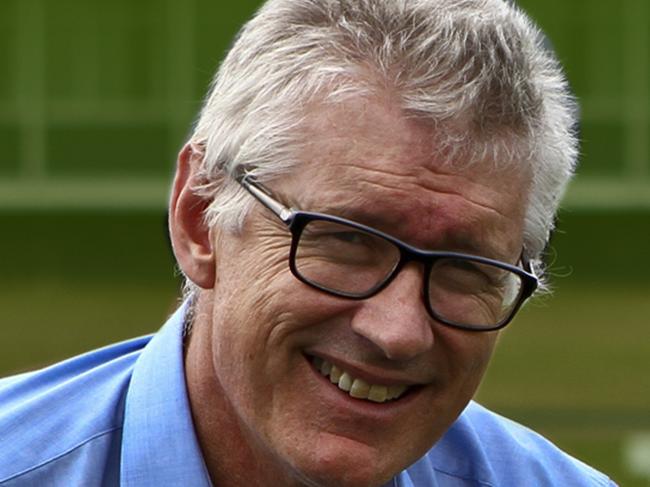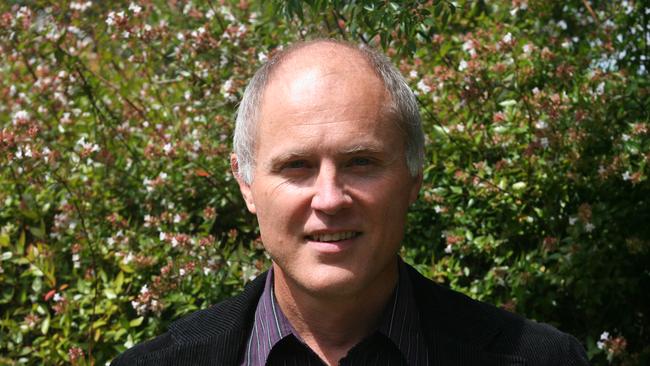New partnership hopes to solve agriculture’s carbon problems
More than 75 stakeholders, including banks, supermarkets and farmers have banded together to “solve agriculture’s carbon problems”.
Banks, major supermarkets, agribusiness companies, livestock and grower bodies, universities, farmers and state governments are among more than 75 stakeholders to have banded together to “solve agriculture’s carbon problems”.
The co-investors have raised more than $85 million in a bid to create the nation’s largest cooperative research centre in recent times, with the aim of having a “positive influence on government policy and requirements”.
Representatives of the group met with a high-level government review panel last week in Canberra for the second and final round of questioning before the federal government decides in coming weeks whether to match the private funding to create the CRC.
The University of Queensland-based Alliance for Agriculture and Food Innovation director Matthew Morell said boards and shareholders wanted consistent and “evidence-based” expert information to manage change in an affordable and productive way.

“There is currently a fragmented landscape of expertise in emissions investment and benchmarking for industry to address the performance and sustainability of our food systems,” he said.
“We think this is the right initiative at the right time.”
While stakeholders have signed confidentiality agreements, partners include all state governments and major universities, retail chains, financial institutions, livestock and grains industry bodies and companies and supply chain players, including fertiliser companies.
Top-tier partners tipped in $3 million each over a ten-year plan with a progressive scale under that.
While the CRC would not have a legislative mandate, Professor Morell said it would help “bring things together” through its influence and credibility, including on financial reporting and accounting standards that relate to emissions reduction and land use changes.

“We would expect this area would have a degree of bipartisan support over the coming decades. Our trading partners will introduce trade barriers based on our performance in emissions reduction whatever the complexion of the Australian government,” he said.
“This would be a group with the credibility to respond to that, and quickly. We would expect it to have a significant Voice in the future.”
The Weekly Times recently reported that farmers not working towards net-zero by 2050 carbon targets risk losing access to loans and finance, as Australia’s big banks increasingly tie lending to emissions reduction.
University of Melbourne sustainability agriculture Professor Richard Eckard said the group sought to bridge the gap between farmers, government and industry in being an independent, “honest broker” solving “critical mass” issues.
“If you don’t have the big cattle companies on board, for example, you are not ever going to design solutions that can work in their remote locations and if you are not doing that then you are not finding out what farmers need,” he said.
Meanwhile, an agriculture and land plan discussion paper, one of six sectoral decarbonisation plans under the federal government’s net-zero 2050 plan, has been released for consultation.




